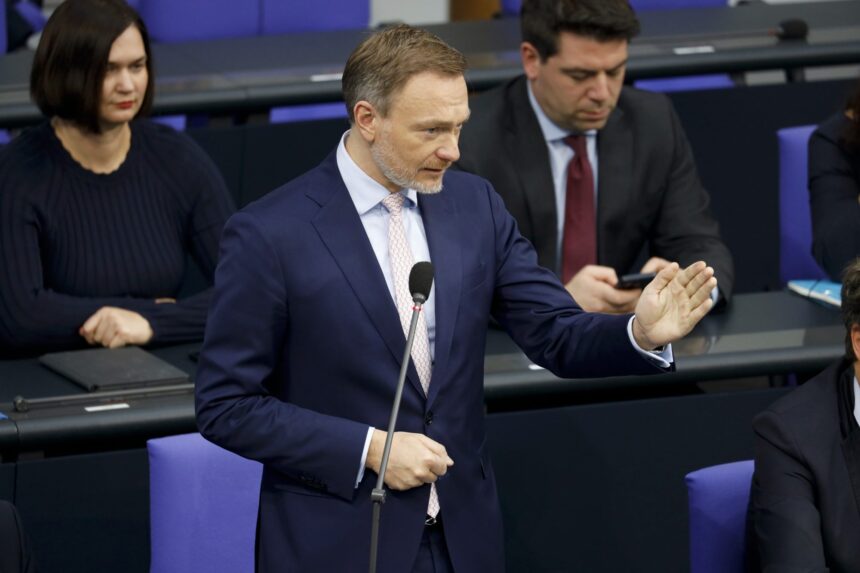Summary by Geopolist | Istanbul Center for Geopolitics:
The study provides an analysis of Germany’s 2025 budget compromise and its implications. The governing coalition, consisting of the SPD, Greens, and the FDP, reached a compromise that involves minimal overall savings but significant cuts in specific areas, particularly in foreign aid and defense.
Key Points:
- Budget Compromise Details:
- The SPD and Greens protected their core priorities.
- The FDP, led by Finance Minister Christian Lindner, achieved nominal overall savings.
- Significant cuts include a 47% reduction in humanitarian assistance and crisis management, and large cuts to development aid and food aid.
- Defense and Aid Cuts:
- Despite slashing foreign aid, defense procurement contracts are being signed without allocated funding.
- The strategy aims to maintain fiscal discipline but risks long-term strategic costs.
- Political and Strategic Implications:
- The cuts could undermine Germany’s international influence and commitments.
- The coalition’s decision is seen as a short-term political maneuver influenced by upcoming elections and the FDP’s need to appeal to its fiscally conservative base.
- Impact on Development and Humanitarian Efforts:
- The Development Ministry (BMZ) faces large budget cuts, affecting crisis response, climate adaptation, and CO2 reduction investments.
- Cuts to humanitarian aid will affect support for Syrian refugees and other crisis-affected populations.
- Defense Spending Challenges:
- The coalition faces the dilemma of increasing defense capabilities without raising taxes or debt, leading to a deferred financial burden on future governments.
- The Bundeswehr’s combat readiness is compromised by budget constraints despite the Zeitenwende commitment to military strengthening.
- Coalition Dynamics:
- The SPD and Greens resist cuts to social spending, leaving foreign aid and development as the primary areas for savings.
- Public opinion favors cutting foreign aid over domestic spending, influencing budget decisions.
- Future Risks:
- The budget compromise is seen as strategically short-sighted, potentially leading to increased costs and reduced international trust in the long term.
- The upcoming general election and the FDP’s political survival are key factors driving the budget decisions.
This analysis highlights the complex interplay between fiscal policy, political strategy, and long-term strategic interests in Germany’s budgetary decisions.
Read the full explainer to find out.







